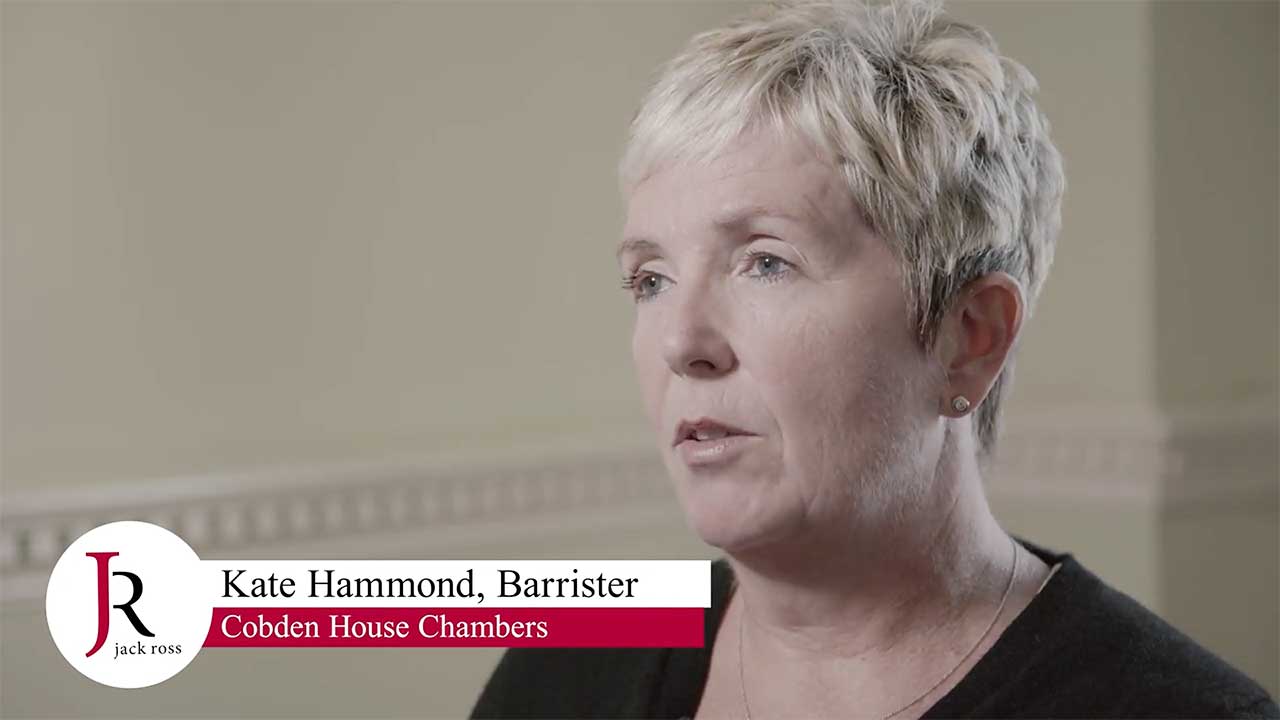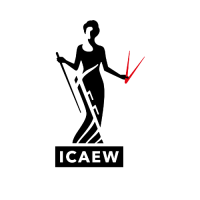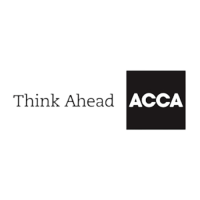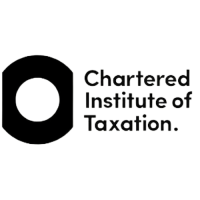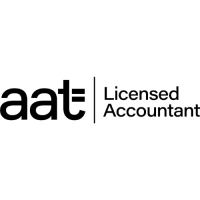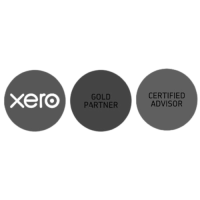Last updated: 21 February 2026
Barrister VAT: Tax Deductible Motor Expenses
For self-employed barristers, owning a vehicle for work purposes is important. The nature of legal work involves a great deal of travelling, whether it is to visit with clients directly or for court appearances. It can also be very expensive, so it is important to ensure you are doing everything permissible to reduce your tax burden. Claiming back VAT on allowable travel expenses is one way to ensure you are not overpaying tax.
There are several tax regulations surrounding the leasing and ownership of motor vehicles that it is important for self-employed barristers to understand. These rules vary depending on the type of vehicle, its C02 emissions and the reason it is being used: the primary distinction for tax purposes is the difference between ‘Business Use’ and ‘Private Use’. This article breaks down this distinction and simplifies the more technical aspects of the tax-deductible expenses around ownership, usage, and leasing of motor vehicles, as well as recommending meticulous record-keeping as per HMRC requirements.
Business Use and Personal Use
In tax terms, ‘business use’ refers to expenditure that is undertaken in pursuit of your profession. VAT can only be reclaimed where it is incurred for business purposes and must not be specifically disqualified by legislation (for example, expenditure on entertainment). Some items are not charged VAT during the initial transaction and therefore do not qualify as tax deductible expenses, as no VAT was paid in the first place.
When it comes to motor vehicle expenses, it is understood that your vehicle will be used for both business and personal reasons, and that these will inevitably overlap throughout the course of your career. Several tax provisions are in place that are unique to motor vehicle expenses.
Fuel Costs
Fuel costs are subject to VAT at the point of purchase, which self-employed barristers can then claim as input tax in its entirety if their vehicle is used at least partly for business purposes. This information is relayed to HMRC via meticulous record-keeping of invoices and receipts.
However, unless it can be proven that the vehicle is only used for business purposes, they must account for ‘output tax’ at a flat rate that corresponds to the C02 emissions of their vehicle. No mileage calculations are necessary.
The only other options available are to not claim any input tax at all on fuel, or to keep a painstakingly accurate record of each mile travelled and whether it was for personal or business purposes. Keeping in mind that HMRC does not consider the ‘commute’ as a deductible expense (the journey between your home and chambers), this option is not viable for most self-employed barristers.
It is still important to keep an accurate record of your general business mileage, as if you are taxed under the ‘cash basis’ of self employment, then you are able to claim HMRC’s standard mileage allowance of 45p for the first 10,000 business miles and 25p for any after.
At the end of the tax year, the difference between your input and output tax is the amount you owe HMRC in VAT payments or the amount you can reclaim, depending on the values of each.
Leasing and Repairs
Whenever a vehicle is leased at least partly for business purposes, a flat rate of 50% of the VAT is reclaimable.
All the VAT charges incurred on repairs and maintenance for a vehicle that is used at least partly for business purposes may be reclaimed. In some cases, leasing a car includes repairs in its terms. In that circumstance, it may be necessary to apportion the costs, reclaiming all of the VAT for the costs of the vehicle hire and 50% of the repair costs.
Buying a Car
It is not possible to claim back any VAT on the purchase of a car unless it is entirely for business purposes. As HMRC considers that a vehicle is used for both business and personal reasons if there is nothing explicitly banning personal usage, in practise it is highly improbable that a self-employed barrister would be able to reclaim any VAT when buying a vehicle.
Making sense of motor expenses and VAT can be challenging. However, it is essential for self-employed barristers. Being aware of what is deductible and how to account for VAT can save you a significant amount in the long run. Always consult with a specialist barrister accountant to ensure you are making the most of your allowable deductions.
Frequently Asked Questions
What Are the Key Tax Deductible Motor Expenses for Self-Employed Barristers?
Understanding tax-deductible motor expenses is crucial for self-employed barristers who frequently travel for work. The primary expenses that can be claimed back include fuel costs and VAT on repairs and maintenance. However, the ability to claim these costs depends on the distinction between ‘Business Use’ and ‘Private Use’ of the vehicle. It’s essential to maintain meticulous records to meet HMRC requirements and maximise your allowable deductions.
How Can Self-Employed Barristers Reclaim VAT on Fuel Costs?
Self-employed barristers can reclaim VAT on fuel costs as input tax, provided the vehicle is used at least partly for business purposes. However, they must also account for ‘output tax’ based on the CO2 emissions of the vehicle unless the vehicle is solely used for business. The difference between input and output tax at the end of the tax year determines the VAT amount owed to HMRC or the amount that can be reclaimed.
Can VAT be Reclaimed on Leasing and Repairs for Barristers?
Yes, if a vehicle is leased at least partly for business purposes, a flat rate of 50% of the VAT is reclaimable. Additionally, all VAT charges incurred on repairs and maintenance for a business-used vehicle may be reclaimed. If the leasing terms include repairs, it may be necessary to apportion the costs, reclaiming all of the VAT for the vehicle hire and 50% for the repair costs.
